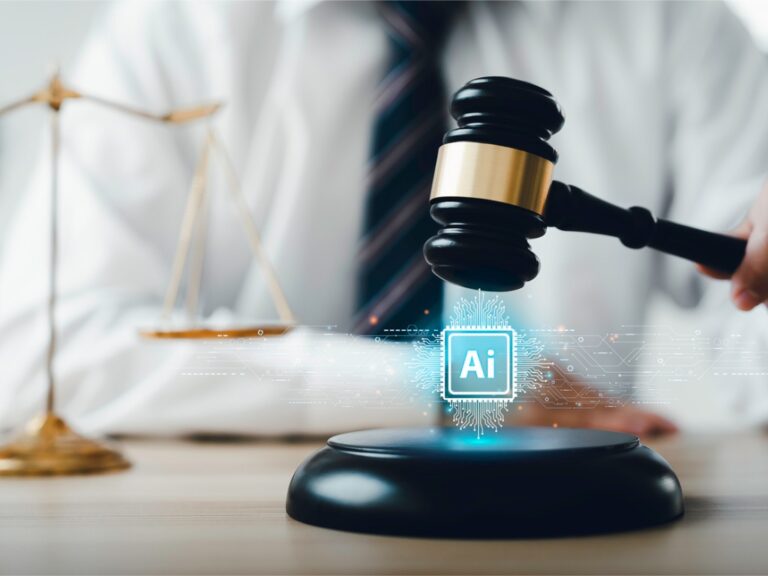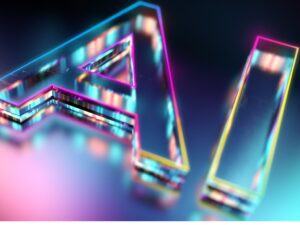How AI and Legal Disclosures Are Redefining Judicial Ethics and Professional Standards
June 14, 2024

How AI and Legal Disclosures Are Redefining Judicial Ethics and Professional Standards
In an ABA Journal article, Jennifer Gibbs of Zelle LLP highlights a case where lawyers used AI-generated content unknowingly, prompting concerns about AI’s reliability. Courts issued orders mandating disclosure of AI use, reflecting distrust in AI’s capabilities.
The comparison between human intelligence and AI underscores the former’s superiority in empathy, judgment, and ethical decision-making. However, according to Gibbs, when combined with narcissism, human intelligence may mimic AI’s manipulative tendencies. Narcissists lack empathy, akin to AI’s artificial empathy, and may fabricate truths like AI “hallucinations.”
In legal settings, empathy and ethical conduct are crucial for lawyers, but narcissistic traits pose risks, potentially leading to disciplinary actions. The absence of proper guidance or ethical models exacerbates issues, akin to AI’s behavior outside trained parameters.
Gibbs advocates for educating legal professionals and the public about narcissistic traits to maintain ethical standards in the legal system. She emphasizes the importance of screening tools to identify narcissism and suggests caution in AI’s use, particularly in legal contexts.
The article underscores the need for disclosure requirements regarding AI and narcissistic traits in legal proceedings and the challenges posed by AI’s limitations, advocating for measures to maintain integrity and professionalism in the legal profession.
Get the free newsletter
Subscribe for news, insights and thought leadership curated for the law firm audience.




